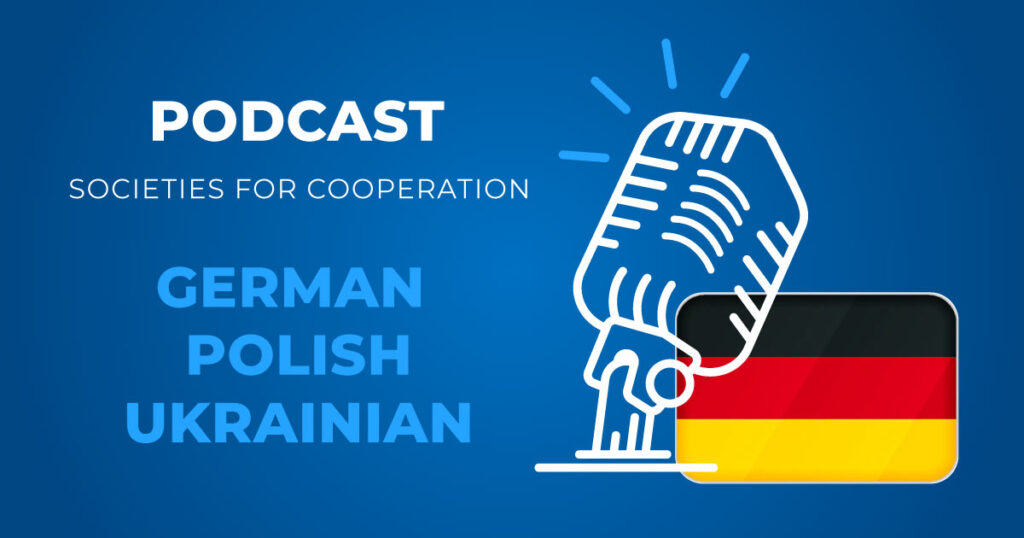1. In democracy, civil society is an important pillar. It ensures the diversity of opinions and interests. In a free exchange of opinions, the best solutions for the individual but also for the social community must be sought. This possibility of free expression through trade unions not only contributes to the diversity of opinions in society, but also to workers being better informed and better able to represent their interests.
2. Freedom of expression includes the ability of trade unions to freely express their opinions and positions in written, spoken and visual form, including digitally. It is important to create trade union platforms where the exchange of experiences among members can take place across borders. In this way, the democracy-building potential of trade unions can also acquire international significance.
3. To this end, trade unions must be able to help shape the political, social, environmental, economic and vocational education of their members and to organise their own educational events. Trade unions must also be able to inform their members about current legal and labour-related developments in order to enable „help for self-help“.
4. For trade unions, participation at all levels like
- Politics
- Administration/Country
- Municipality
- Company
Is indispensable. Democratic representation through trade unions at all levels enables effective participation in the political process to protect workers‘ interests. A close linkage between the different levels – from politics to the municipal level to the workplace – is crucial to ensure democratic co-determination.
5. The opportunities for participation can be structured/designed differently in each case, but the important thing is that trade unions are heard and that they have a realistic chance of successfully representing and asserting their interests. This can be achieved through a numerous and strong trade union movement that is involved in political decision-making processes.
6. In a democratic society, it must be possible to achieve a balance between capital and labour. This includes the right of association, i.e. the association of workers in trade unions and the association of enterprises in business federations. Equality also includes the right to strike. Strikes are a democratic instrument that enables workers to articulate their interests and negotiate on an equal footing with employers to achieve fair working conditions and wages.
7. Trade unions were created to eliminate competition between individuals and to represent their interests more strongly in community vis-à-vis the companies. This idea of solidarity extends not only to the company, but also in community with other trade unions across national borders. Through this cross-border solidarity, trade unions can fight together in an increasingly globalised world for better working conditions, fair wages and social justice, regardless of national borders and in the knowledge that the strength of workers lies in their unity.
8. Trade unions are committed to ensuring that every member in our ranks has equal rights, regardless of origin, gender, social status, etc. They also fight to ensure that these principles of equal rights and equal opportunities are universally realised in democratic society. Trade unions strive for an inclusive and just society where diversity is respected and discrimination has no place.
9. Trade unions themselves are democratically constituted. Their members have a say in their union leadership. The election of leadership in trade unions is democratic and transparent. This democratic process ensures that the leadership of the unions is committed to the interests and needs of the members and effectively represents their concerns.
10. Trade unions have been against war since their existence! Trade unions understand that the struggle for social justice is closely linked to the pursuit of freedom and peace. They show solidarity with people who have to suffer oppression and war and provide practical support, whether through financial aid, social campaigns or the exchange of good practices and experiences.

